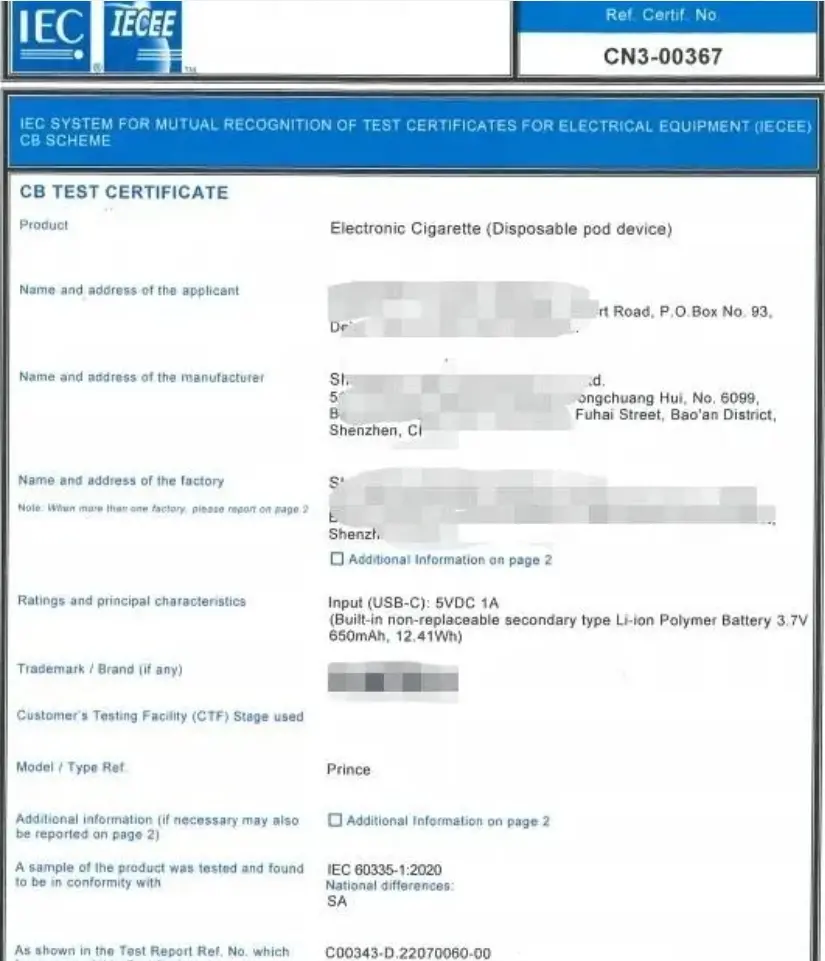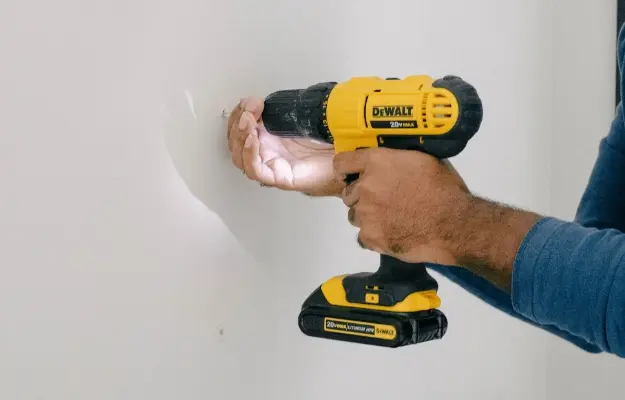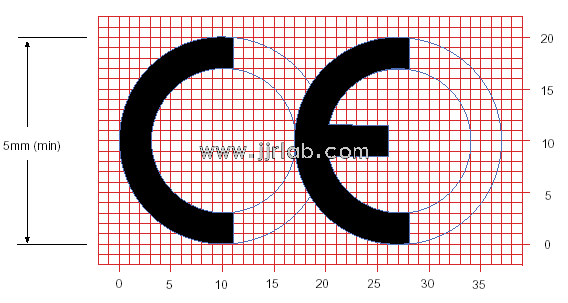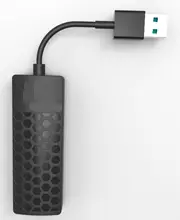
Battery CB Certification Testing Laboratory
The CB scheme was established by the International Electrotechnical Commission (IECEE) to provide a means for participating safety certification bodies to cooperate and mutually recognize CB certificates (CBTC) and test reports (CBTR) issued by one another as a basis for issuing national certification marks or standards. Currently, the CB scheme has over 50 member countries across the Americas, Europe, Asia, Australia, and Africa, with at least one product certification body in each member country recognized by IECEE as a National Certification Body (NCB). Each NCB oversees at least one cb testing Laboratory (CBTL) that issues test reports on its behalf, which the NCB directly recognizes to issue CB certificates.
Why Obtain Battery cb certification?
1. Direct Recognition or Approval by Member Countries: With CB test certificates and CB test reports, your products can be directly exported to certain countries.
2. Facilitate Conversion to National Certifications: CB certificates can be directly converted into member countries' certification certificates by providing the CB certificate, test report, and difference test report (if applicable), eliminating the need for retesting and shortening the certification cycle.
3. Ensure Product Safety: CB certification testing considers the safety of products under reasonable use and foreseeable misuse. Certified products demonstrate compliance with safety requirements.
Certification Standards:
- IEC62133:2012 (Lithium or Nickel batteries)
- IEC62133-1:2017 (Nickel batteries)
- IEC62133-2:2017/AMD1:2021 (Lithium or Nickel batteries)
Testing Items:
IEC 62133-1:
1. Low-rate charging
2. Vibration
3. Case stress
4. Temperature cycling
5. Incorrect installation
6. External short circuit
7. Free fall
8. Mechanical impact
9. Thermal shock
10. Crushing
11. Low pressure
12. Overcharging
13. Forced discharge
Sample quantity: 36 batteries, 81 cells
IEC 62133-2:
1. Continuous charging
2. Case stress
3. External short circuit (cells)
4. External short circuit (batteries)
5. Free fall
6. Thermal shock
7. Crushing
8. Overcharging
9. Forced discharge
10. Vibration
11. Impact
12. Forced internal short circuit
Sample quantity: 22 batteries, 53 cells
Testing Cycle:
1. Test Report: 2 weeks
2. CB Certificate Report: 4 weeks
CB Certificate Template:

Email:hello@jjrlab.com
Write your message here and send it to us
 Air Cooler CE Certification Testing
Air Cooler CE Certification Testing
 Electric Hammer CE Certification Testing
Electric Hammer CE Certification Testing
 Hair Clipper CE Certification Testing
Hair Clipper CE Certification Testing
 Ultrasonic Fishing Machine CE Certification Test
Ultrasonic Fishing Machine CE Certification Test
 Power Adapter Certifications for Thailand
Power Adapter Certifications for Thailand
 US Clothing GCC Certificate 16CFR 1610 Standard Te
US Clothing GCC Certificate 16CFR 1610 Standard Te
 US Fire Mask ASTM E2952-23 Standard Test
US Fire Mask ASTM E2952-23 Standard Test
 Teething Toy CPC Certification ASTM F963-23 Testin
Teething Toy CPC Certification ASTM F963-23 Testin
Leave us a message
24-hour online customer service at any time to respond, so that you worry!




